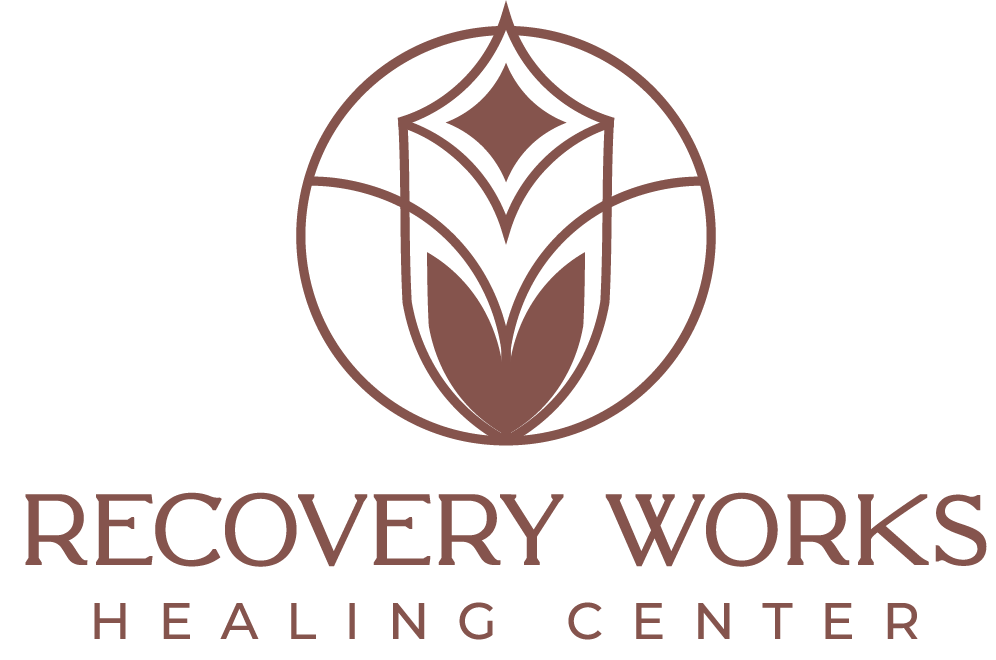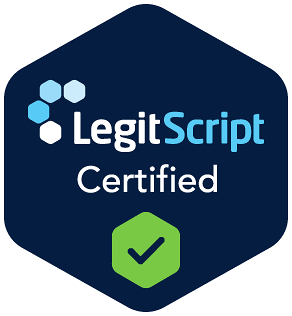FAQs
- Home
- FAQs
Answers to Your Most Frequently Asked Questions
Treatment FAQs
RWHC provides outpatient services for mental health and substance abuse to adults. These services include individual and group counseling, case management, crisis intervention, Medication-Assisted Treatment (MAT), psychiatric care, and nursing services, depending on the specific program. Our substance abuse treatment options encompass a range of care levels, including Intensive Outpatient, Non-Intensive Outpatient, Aftercare, and Low-Utilizer programs.
RWHC provides outpatient mental health and substance abuse services for the youth population. Our offerings include individual and group counseling, crisis intervention, Medication-Assisted Treatment (MAT), as well as psychiatric and nursing services, depending on the specific program of interest.
For substance abuse, we offer various levels of care that encompass Intensive Outpatient Programs (IOP), Non-Intensive Outpatient Programs (NIOP), Aftercare, and Low Utilizer services. Youth ages 4-17 can participate in the mental health program, while those ages 13-17 can engage in the substance abuse program. We strive to be accommodating and may consider individuals outside these age ranges as well.
Treatment structure is heavily dependent on the level of care. IOP programming requires a minimum of 3-hour groups, 3 days per week in conjunction with an individual counseling session as well as any case mgmt and MAT services that are deemed appropriate. IOP duration is typically 12-16 weeks dependent on successful progression. NIOP programming requires 2-hour groups, 2 days per week in conjunction with an individual counseling session as well as any case mgmt and MAT services that are deemed appropriate. NIOP duration is typically 12 weeks dependent on successful progression. Aftercare programming offers individual counseling sessions, with frequency varying from weekly to monthly, case management and MAT as deemed appropriate. Low-Utilizer programming offers individual counseling sessions, with varying frequency from monthly to quarterly, case management and MAT as deemed appropriate.
Mental Health programming offers two levels of care to service General Mental Health (GMH) clients as well as Severely and Persistently Mentally Ill (SPMI) clients. GMH clients may participate in individual counseling sessions at a frequency varying from weekly to monthly. If a lesser amount of support is required, they can transition to a Low Utilizer Psychiatric Program, which allows for individual counseling sessions varying from monthly to quarterly. GMH clients may participate in counseling as well as psychiatry services. The frequency of psychiatric services is dependent upon recommendations of the provider. SPMI clients may participate in individual counseling, Community Psychiatric Supportive Treatment (CPST) and psychiatric services with frequency of appts from weekly to monthly (typically). Clients may transition from SPMI programming to GMH programming when symptom improvements and functioning are improved.
Yes. While RWHC does not offer school-based programming, we accommodate later appointments to aid in accessibility. Communication with schools may aid in recommendation and coordination of IEP’s or 504 Plans and can successfully impact the child’s success in school.
The duration of programming is dependent on the level of care recommendation as well as the needs of the individual. While the duration of residency can vary significantly, individuals typically stay in recovery housing for a period ranging from three to twelve months.
RWHC offers treatment for the greater majority of mental health disorders, with exclusion to developmental/intellectual/learning disabilities and Autism that exceeds Level I. Schizophrenia spectrum disorders, trauma/stressor disorders, depressive disorders, anxiety disorders, obsessive-compulsive disorders, psychotic disorders, disruptive/impulse/conduct disorders, personality disorders, etc. are all successfully addressed.
Families are engaged with adult programming at the discretion of their loved one, whereas youth programming relies heavily on family involvement to assure information/demonstration is carried beyond the counselor’s office and integrated into daily activities and environments.
Housing FAQs
Rooms are semi-private, meaning each client will have a roommate during the treatment process.
The housing at Recovery Works Healing Center is gender specific.
Contact Us Today To Learn More About How Recovery Works Healing Center Can Help
Fill out our form below for more information on how to get started or to speak with a representative.


